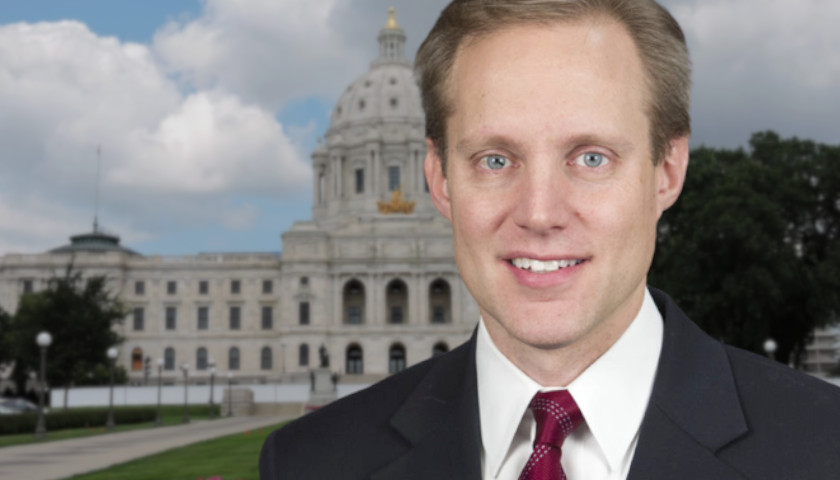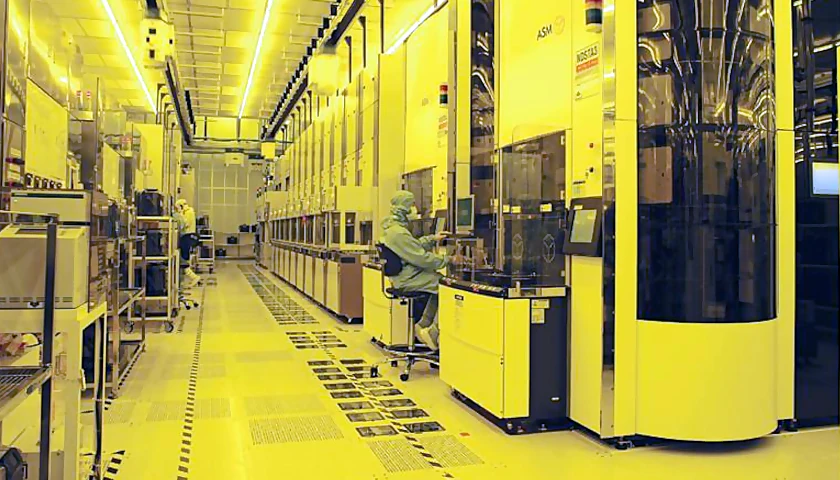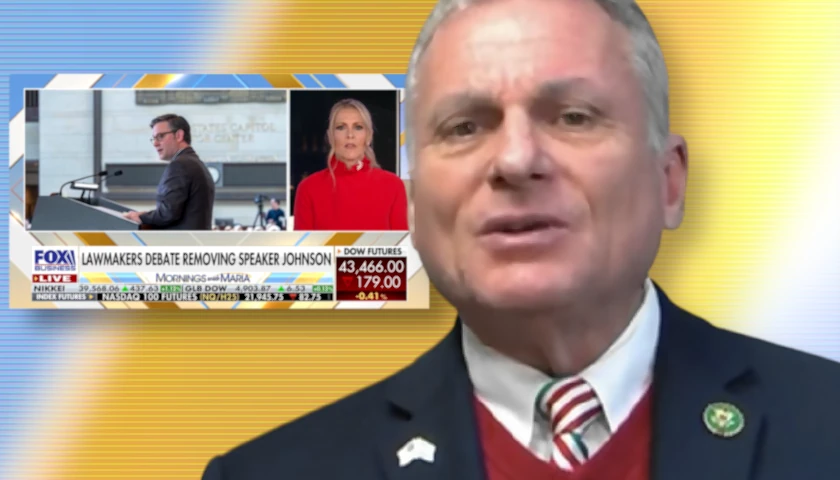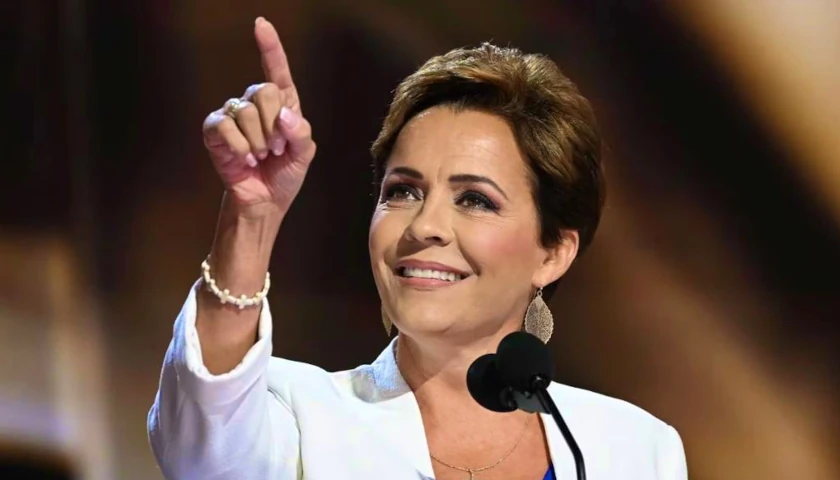by Hank Long
Those applying for driver’s licenses — or utilizing a plethora of other state agency services — could also automatically be registering to vote at the same time, if newly re-elected Secretary of State Steve Simon’s legislative priority wish list comes to fruition in the coming months at the Capitol.
Simon, a DFLer elected to his third term in November, held a press conference Monday announcing his support for automatic voter registration contained in HF3/SF3 along with a handful of other election-related “Legislative Priorities to Strengthen Our Democracy” that he said would continue to build on “Minnesota’s success story and reputation as a leader in elections and voting” and further expand access to voting.
The initiative would enable eligible Minnesotans who interact with government agencies — like getting a driver’s license — to register to vote directly “without unnecessary hassles or delay,” Simon told members of the media on Monday.
“[Automatic voter registration] will increase access to the polls, allowing us to add or update (455,000) additional voter registrations per year,” Simon said. “And it will improve the accuracy and security of our statewide voter roll and will allow earlier filtering and screening of potential voters.”
Known critics of the initiative say automatic voter registration amounts to a voter access solution in search of a problem, and also eliminates the responsibility of an individual to proactively affirm their eligibility to vote.
“[Automatic voter registration] removes an important layer of protection against registration and voting by ineligible people — that of affirmatively verifying eligibility and intent to register from the subjects themselves,” said Dan McGrath of the Minnesota Voters Alliance, which opposes the legislation. “Swearing oaths of eligibility and being informed of the penalties for registering while ineligible is removed” with automatic voter registration, he said.
If enacted, Minnesota would join 25 other states in implementing the automatic voter registration system. Oregon became the first state to enact AVR in 2016. To date, the Minnesota bill (HF3/SF3) containing the automatic voter registration provision has only DFL sponsors in the House and Senate.
Gov. Tim Walz promised last week to sign the bill, regardless of whether it has any support from Republicans, a departure from promises kept by prior governors Mark Dayton and Tim Pawlenty, who publicly stated they would only sign election reform bills that receive bipartisan support. Walz had previously told media in 2019 that he would commit to only signing election reform bills that had received bipartisan support.
“The DFL is demonstrating a disappointing willingness to abandon a decades-long tradition of not changing election laws on a partisan basis,” said Rep. Paul Torkelson, R-Hanksa, minority lead in the House Election Finance and Policy Committee. “Instead of trying to railroad their priorities through, we hope Democrats will choose to honor the tradition and engage in productive discussion on what measures need to be taken to ensure complete confidence in our elections.”
Other provisions in Simon’s “Strengthening Democracy” legislative priorities include: Restoration of felon voter rights for individuals no longer incarcerated but still serving probation; pre-registration to vote for 16 and 17 year olds that would automatically register them to vote when they turn 18; and enhanced restrictions on activities and behaviors at the polling place that are deemed to jeopardize the safety of election workers.
Acknowledging Republican criticism, Simon said that his proposals, including automatic voter registration, are “non-partisan in origin and effect.”
Sen. Mark Koran, the ranking Republican on the House Elections Finance & Policy Committee, isn’t taking Simon’s words at face value.
“What you see laid out here is a solution to a problem that doesn’t exist,” said Koran, who mentioned that Minnesota’s voting access environment provides ample opportunities to register to vote, including at the polling place on Election Day.
“My view is all of these (provisions) could be seriously and openly discussed if we had access and transparency to allow independent validation of the voting process,” Koran said. “We have to be able to ensure that we can independently verify that only eligible people can cast ballots. [Automatic voter registration] moves us further away from that rather than closer to that.”
– – –
Hank Long is a journalism and communications professional whose writing career includes coverage of the Minnesota legislature, city and county governments and the commercial real estate industry. Hank received his undergraduate degree at the University of Minnesota, where he studied journalism, and his law degree at the University of St. Thomas. The Minnesota native lives in the Twin Cities with his wife and four children. His dream is to be around when the Vikings win the Super Bowl.








